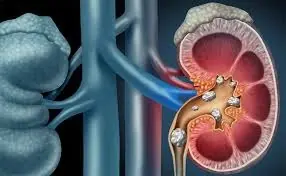
Scientists Warn of a Silent Epidemic: Men’s Testosterone Levels Are Plummeting — And Here’s Why
Across the globe, something is quietly happening to men. It’s not splashed across headlines or shouted in public discourse — but the science is clear: men’s testosterone levels are dropping at an unprecedented rate, and the consequences are profound.
What was once considered a natural, gradual decline with age is now being seen in younger and younger men. In fact, a healthy 22-year-old man today may have lower testosterone than his grandfather did at 50.
And scientists are deeply concerned.
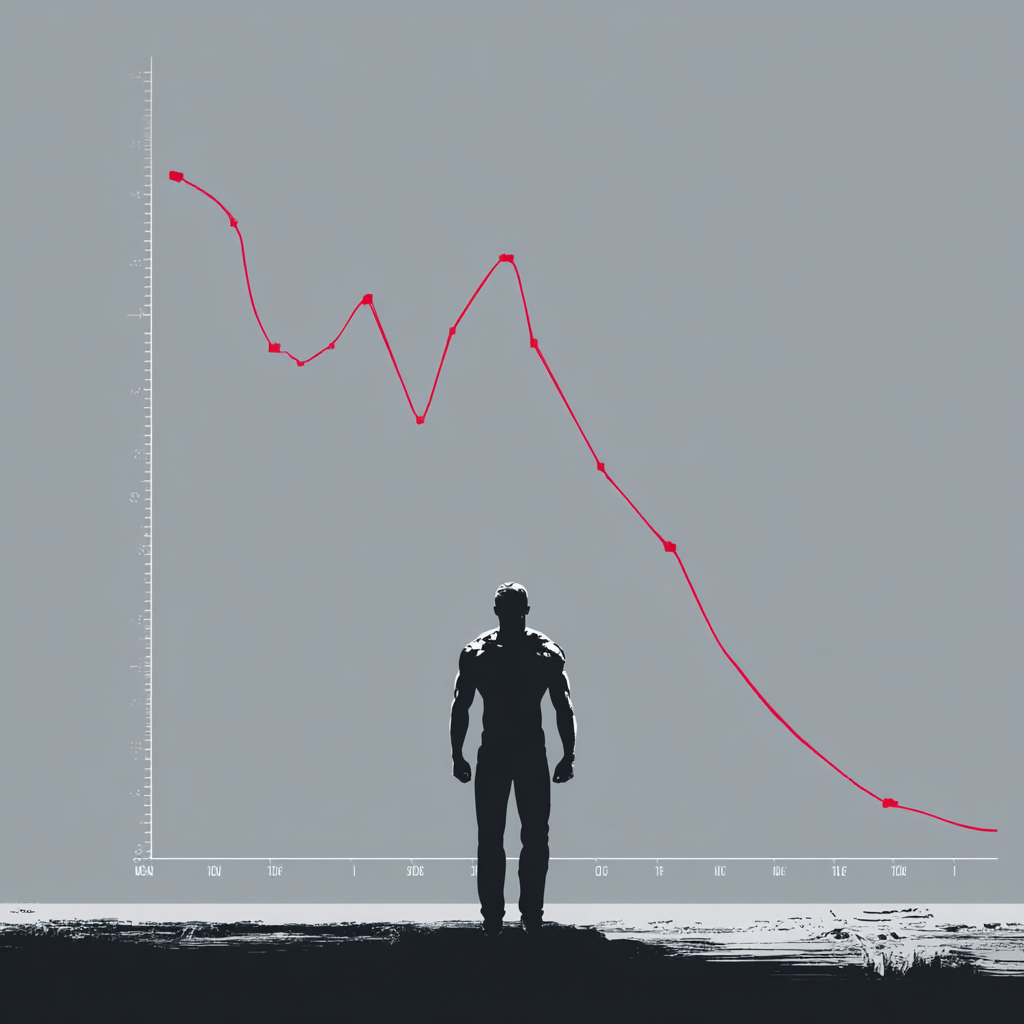
The Alarming Numbers
A 2007 study from the Journal of Clinical Endocrinology and Metabolism found that testosterone levels in American men have been dropping by 1% per year since the 1980s — regardless of age, race, or health.
That means that a 40-year-old man in 2025 has 25% less testosterone than a 40-year-old man in 2005.
This isn’t just happening in the United States. Similar studies from Europe, Asia, and Australia all point to a global hormonal shift that scientists are only beginning to understand.
Why Testosterone Matters
Testosterone is much more than a “sex hormone.” It plays a critical role in:
- Building muscle mass and bone density
- Regulating mood, motivation, and mental clarity
- Supporting heart health and metabolic function
- Sustaining libido and reproductive health
Low testosterone — or “Low T” — has been linked to depression, fatigue, obesity, cognitive decline, infertility, and even a higher risk of early death.
In essence, testosterone is a biological foundation for male vitality — and its disappearance is changing the physical and emotional landscape of manhood.
What’s Causing the Decline?
Here’s where things get even more unsettling: there is no single cause.
Instead, researchers believe it’s the result of a perfect storm of modern environmental and lifestyle factors:
1. Endocrine Disruptors
Plastics, pesticides, and household chemicals contain hormone-mimicking compounds like BPA and phthalates. These interfere with the endocrine system, lowering testosterone production and altering reproductive function.
Microplastics — now found in blood, semen, and even human testes — may also play a major role.
2. Obesity and Sedentary Lifestyle
Excess body fat — especially around the abdomen — increases estrogen levels in men and suppresses testosterone. Combine that with low physical activity and muscle loss, and hormone levels plummet.
3. Poor Sleep and Chronic Stress
Testosterone is primarily produced during deep sleep. Lack of sleep and chronic stress elevate cortisol — a stress hormone that directly suppresses testosterone.
4. Ultra-Processed Diets
Diets high in sugar, seed oils, processed grains, and low in zinc, magnesium, and vitamin D — all key to testosterone production — create a hormonal disaster.
5. Blue Light & Technology Exposure
Excessive screen time, especially at night, disrupts melatonin and circadian rhythms, indirectly affecting hormone regulation.
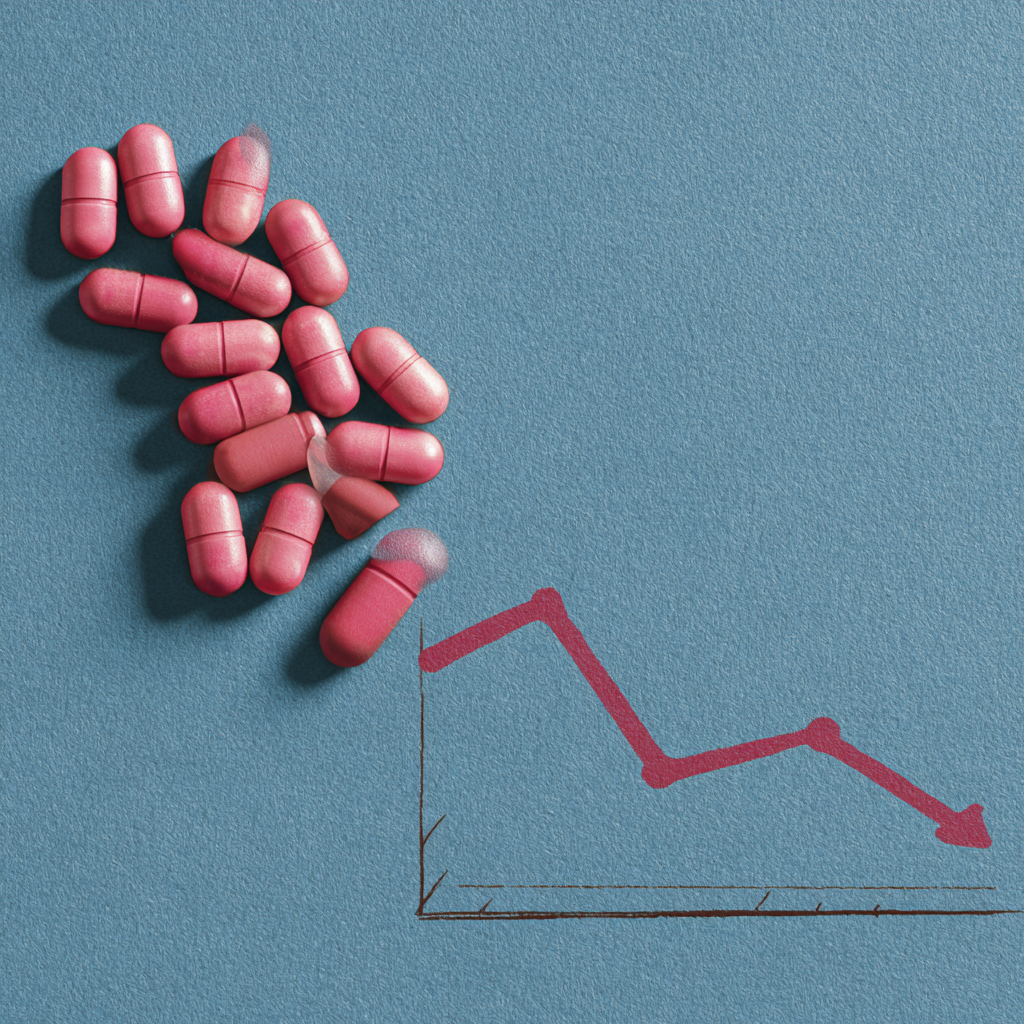
The Psychological Cost
While the physical symptoms of low testosterone are concerning, the emotional and mental toll may be even greater.
Many men report:
- A loss of drive and ambition
- Erectile dysfunction at increasingly younger ages
- Emotional numbness or anxiety
- A sense of fading identity
This isn’t just a health issue — it’s a cultural and generational one.
The Crisis No One Wants to Talk About
Unlike other public health issues, the decline in male hormones isn’t widely discussed. Why?
Because it’s uncomfortable. Because masculinity itself is a loaded topic. Because we’ve normalized exhaustion, stress, and dysfunction.
But silence won’t save us.
Experts warn that if current trends continue, the next generation of men may face widespread infertility, mental health crises, and early-onset diseases tied to low testosterone.
Dr. Shanna Swan, leading epidemiologist and author of Count Down, describes this as “a slow-moving catastrophe” that threatens not just men, but the future of reproduction and human health
What Can Men Do?
While the root of the testosterone crisis lies in a world we can’t always control — polluted air, processed food, plastic in our water — the battle for hormonal health starts at home, with daily choices.
Here’s how men can begin to reclaim their vitality, strength, and balance:
1. Lift Heavy, Move Often
Testosterone thrives on physical challenge. Studies consistently show that resistance training — especially compound movements like squats, deadlifts, and bench presses — can significantly boost testosterone levels.
Even just 3–4 strength workouts a week can reignite hormone production, rebuild muscle, and sharpen focus.
Movement is medicine — and lifting isn’t just for looks. It’s a biological signal that your body still needs to be strong.
2. Prioritize Deep, Restorative Sleep
Testosterone is made at night — and poor sleep is one of the fastest ways to shut it down.
Aim for 7–9 hours of dark, uninterrupted sleep every night.
Turn off screens an hour before bed, keep your room cool and quiet, and stick to a consistent sleep schedule.
Your body isn’t lazy — it’s exhausted. And hormone production depends on recovery.
3. Ditch the Plastics, Especially When Hot
Plastic isn’t just wrapping your food — it’s disrupting your hormones.
When heated, containers made with BPA, phthalates, and other endocrine-disrupting chemicals leach into meals and drinks, mimicking estrogen and suppressing testosterone.
Use glass, stainless steel, or ceramic for storage and reheating.
Protect your meals like you would your future — because they’re more connected than you think.
4. Eat Like a Man Designed to Thrive
Your diet is a hormone toolkit.
Prioritize whole, unprocessed foods — including pasture-raised eggs, grass-fed meat, oily fish, avocado, olive oil, pumpkin seeds, and leafy greens.
Nutrients like zinc, magnesium, healthy fats, and vitamin D are essential for testosterone production and balance.
Ditch the sugar, seed oils, and lab-made “food products.” You’re not a machine — you need fuel from nature.
5. Cut the Sugar and Moderate the Alcohol
Sugar spikes insulin. Alcohol disrupts liver function. Both crush testosterone.
Small indulgences are fine, but daily habits of drinking and sweets create a hormonal crash.
Instead, hydrate deeply, eat fiber-rich carbs from nature, and let your body remember what balance feels like.
6. Soak in Sunlight and Reduce Screen Time
Sunlight is your body’s natural testosterone booster — it stimulates vitamin D, which directly supports hormone production.
Try 15–30 minutes of morning light on your skin daily.
And when the sun goes down, let screens go too.
Blue light late at night disrupts sleep and hormone cycles.
Protect your brain, your eyes, and your endocrine system — one unplugged evening at a time.
7. Detox Your Environment
Every day, you’re exposed to hundreds of hidden toxins in deodorants, shampoos, detergents, and air fresheners.
Many of these contain xenoestrogens — man-made chemicals that mimic estrogen in the body.
Switch to natural products, use air purifiers or indoor plants, open your windows often, and filter your water when possible.
Create a space that supports life — not one that quietly weakens it.
You don’t need to be perfect.
But you do need to be intentional.
Every step you take to support your testosterone is a step toward vitality, clarity, confidence, and future health.
This isn’t just about being a “man.” It’s about being fully alive in a world trying to dull your edge.
Final Thoughts
This isn’t about fear — it’s about awareness.
We can’t afford to ignore the signs. The slow fading of testosterone isn’t just a medical issue — it’s a mirror held up to modern life.
What we eat, what we breathe, how we sleep, and how we live… all of it echoes in our biology.
The question is: will we listen in time?
News in the same category

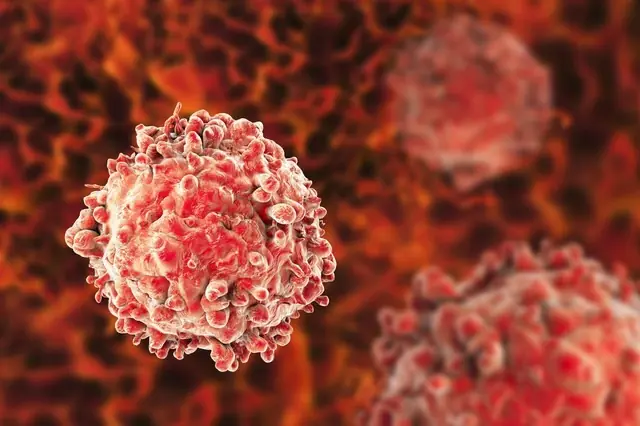
People with Cancer Often Share 8 Morning Signs—Especially Clear After Age 40
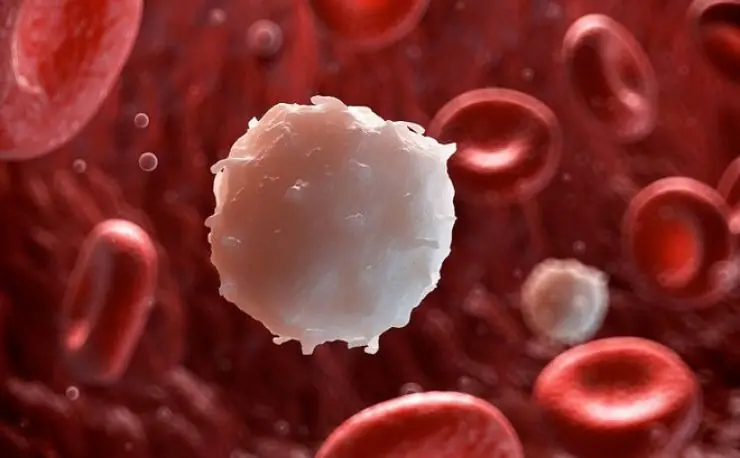
5 Foods That Tumors Hate: Eat These Often for Better Health
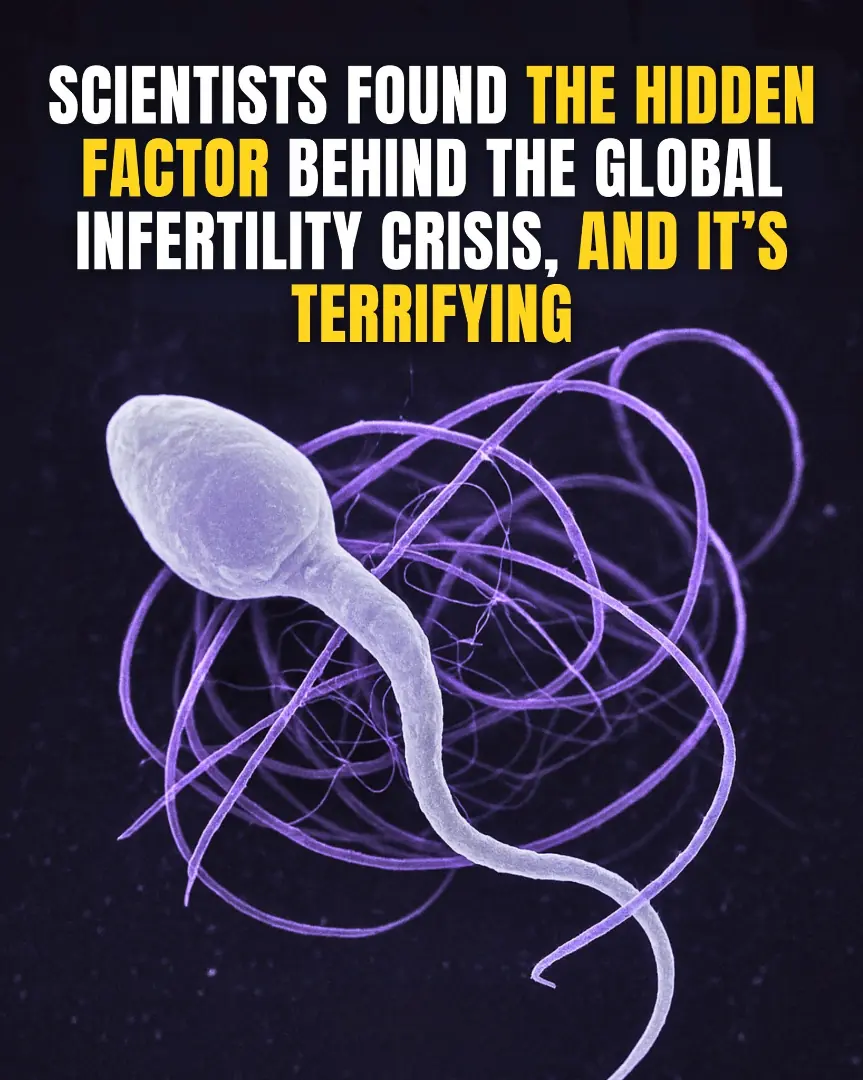
Scientists Found The Hidden Factor Behind the Global Infertility Crisis, And It’s Terrifying

🍵 The Quiet Power of Cinnamon Tea: A Simple Sip for Natural Balance

How to Make the Perfect Pineapple, Turmeric, Carrot, and Lemon Juice: Your Ultimate Homemade Immune Boost Drink
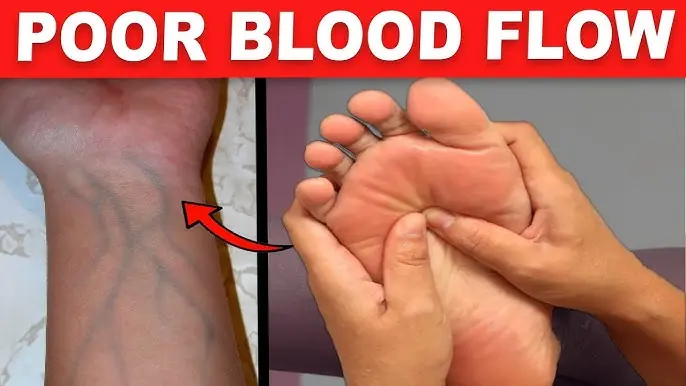
16 Warning Signs Your Blood Circulation is Poor and How to Improve It (Evidence-Based)

Simple Cloves and Ginger Recipe for Wellness

Nature’s Candy Unleashed: The Jaw-Dropping Health Hacks of Dates You NEED to Know!
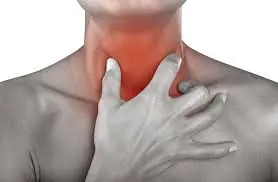
Banish Throat Mucus: Effective Home Treatments for a Clearer Throat (Evidence-Based)
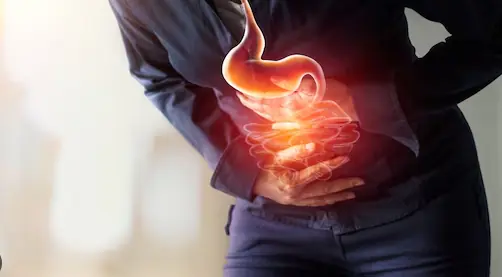
Beat the Bloat: 8 Common Causes of Abdominal Bloating and Evidence-Based Solutions

Doctor Frank Suárez's Natural Recipe: Eliminate Diabetes, Poor Circulation, Fatty Liver, Pancreas Problems, High Blood Pressure, Knee Pain, and Even Cancer

Juniper (Juniperus communis): Benefits and Uses

4 Common Habits You Must Change Immediately When Using Air Conditioning to Protect Your Respiratory Health
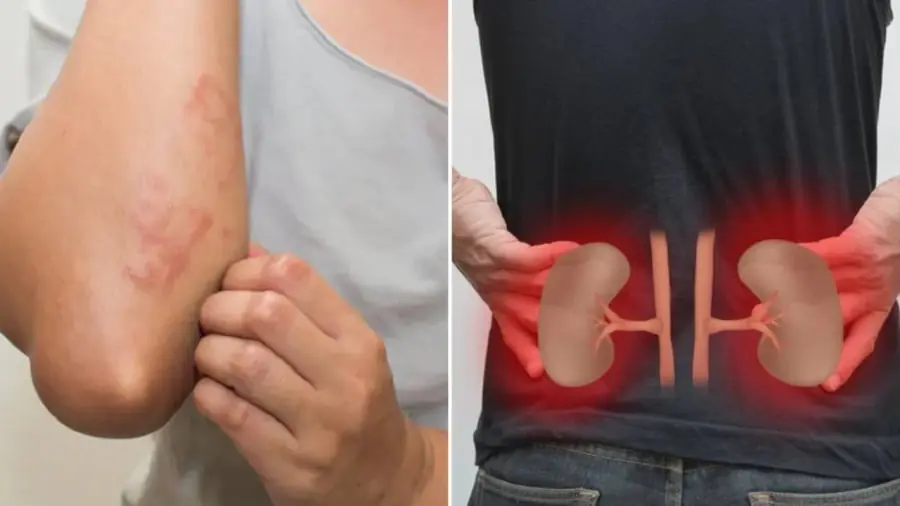
If Your Body Shows These 5 Signs, It Could Be a Warning of Kidney Disease or Impending Kidney Failure
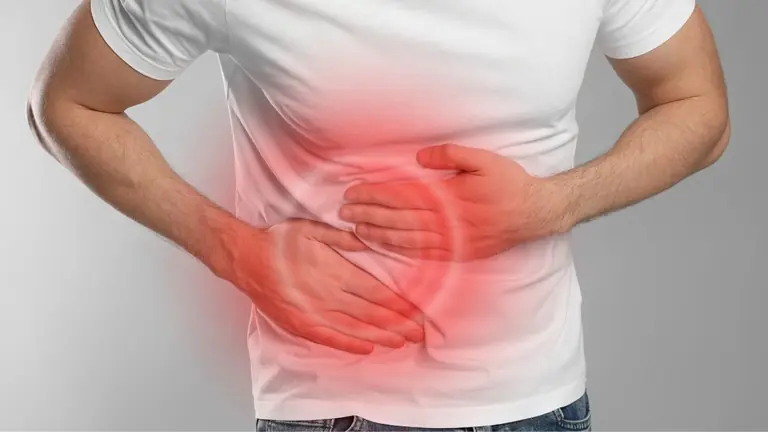
"2 Pains and 1 Yellow” – Warning Signs That Silent Liver Cancer Is Progressing: Being Negligent May Cost Your Life

Warning: Your Sushi Might Carry a Japanese Tapeworm – What You Need to Know About Salmon Safety

TikToker Unknowingly Records Near-Death Encounter After Picking Up One of Earth's Deadliest Creatures

Travel Influencer Unknowingly Films Terrifying Encounter with World's Deadliest Jellyfish
News Post

Here’s Why Cabin Crew Sits On Their Hands During Take Off and Landing

Surprising Reasons Why You Should Spread Salt

The First Communication Between Two Humans in Dreams Has Been Achieved – This Is How It Works

Am I Wrong for Cutting Off My Daughter’s Friends and Pulling Her from Soccer Camp?
A father decides to pull his daughter from soccer camp and cut her ties with two friends he deems "ghetto," but when family pressures him to reconsider, he starts questioning his actions. Is he wrong?

AI Is Set to Replace 41% of Jobs in the Next Five Years

MY HUSBAND CANCELED OUR DREAM VACATION FOR HIS MOTHER - MY REACTION WENT VIRAL!
“No, I’m going to Thailand, not to your mom’s garden beds,” I refused to go to the dacha, and my husband got offended.

The Miracle Child: The Baby Who Changed Everything at Saint Thorn Medical Center
A mysterious baby born with an unusual heartbeat starts to change the lives of everyone around him. From medical staff to nurses, his presence brings hope, awe, and a chilling sense of wonder.

The Dress That Could Make or Break My Career – And Why I Said No to My Niece’s “Special” Gift
A career-driven woman refuses her niece's offer to sew her a dress for a big event, leading to family tension. Is she being too harsh, or is her decision about professionalism and self-respect?

RELATIVES OVERSTAY THEIR WELCOME – BUT WHAT THEY DISCOVER IN GRANDMA'S HOUSE WILL CHANGE EVERYTHING!
— You’ve been coming to stay in my house for the third month now, maybe that’s enough? — I couldn’t hold back, looking at the relatives’ suitcases.

The boss’s daughter got a job as a cleaning lady to uncover the director’s scams

When Family Dynamics Clash: The Birthday Cake Dispute
A woman stands her ground over her daughter's birthday cake, facing pressure from her sister-in-law and family. Will she keep her decision, or choose peace over principle?

MY FIANCÉE M0CKED MY DE@D MOTHER AT OUR REHEARSAL DINNER - WHAT I DID NEXT CANCELED THE WEDDING
I'm 33, and until recently, I was engaged to Lydia, a woman I honestly thought I'd spend the rest of my life with. I met her about six years ago through mutual friends at a cookout. She had this great smile, was quick with a joke, and we just clicked.

Study Reveals: Your Body Remembers Trauma, Even After the Mind Has Let Go

Revenge Ink: How I Taught My Fiancé and His Mother a Lesson They'd Never Forget
When my fiancé’s mother told him to leave me for a richer woman, I devised the perfect plan for a dramatic and unforgettable revenge. Here’s how I got back at them with a lesson they’ll never forget.

Man Sentenced After Stowing Away On 120 Flights By Masquerading As Flight Attendant

5 Drinks That Can Help Dissolve Kidney Stones and Aid Easy Elimination

People with Cancer Often Share 8 Morning Signs—Especially Clear After Age 40

5 Foods That Tumors Hate: Eat These Often for Better Health

People Stunned After Learning The True Meaning Behind ‘SOS’ — It’s Not What You Think
